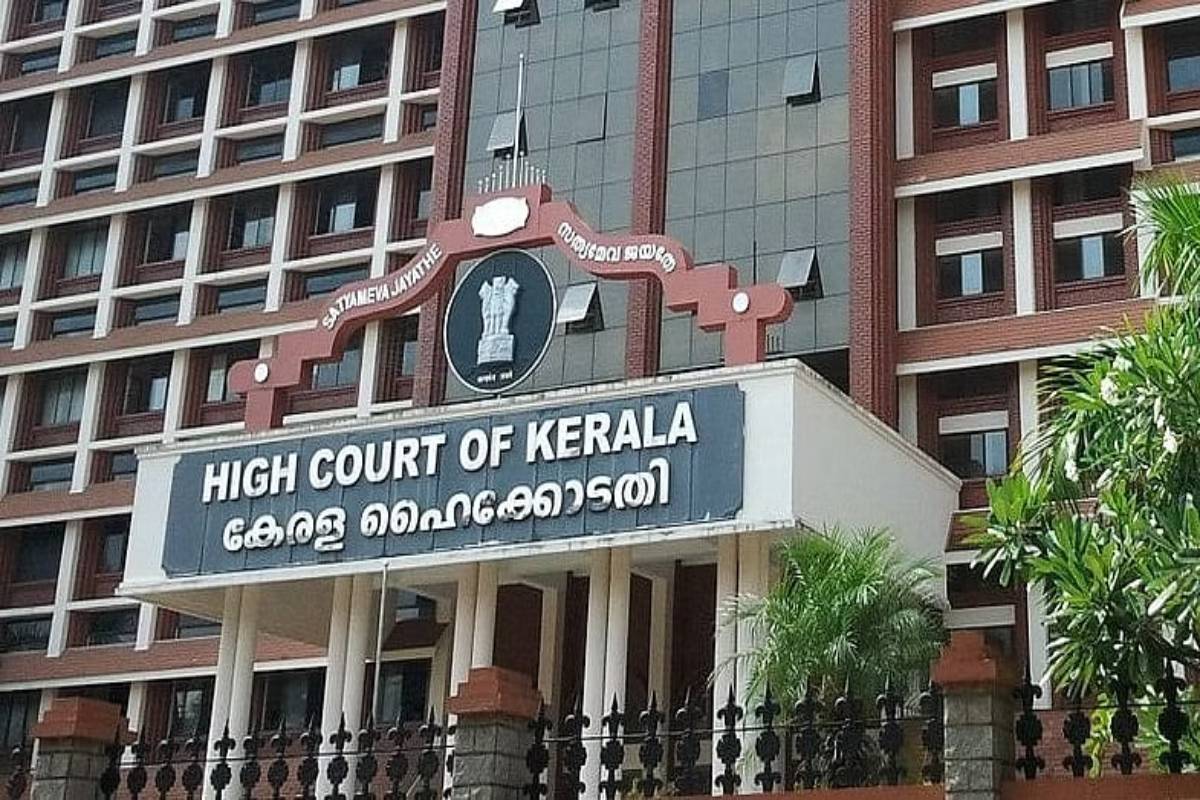The Kerala High Court on Friday closed the Habeas Corpus petition filed by the father of Akhila, also known as Hadiya, whose conversion to Islam and marriage to a Muslim man in 2016 had created a furor across the country.
A division bench comprising Justice Anu Sivaraman and Justice C Pratheep Kumar closed the petition filed by K M Asokan after observing that she (Hadiya) is not in the illegal custody of anybody and that she had married another Muslim man and was residing with him.
Advertisement
The Court closed the Habeas Corpus petition based on a statement submitted by Hadiya before the Court. In her statement, Hadiya submitted that she was divorced and married again and was now living in Thiruvananthapuram.
K M Asokan had approached the Kerala High Court seeking to bring his daughter before the court for legal scrutiny. In his plea, he claimed that his attempts to reach Hadiya over the phone have proved futile for the past month and the Homeo clinic she was running has closed down. He has, therefore, sought issuance of a writ of Habeas Corpus to produce Hadiya in court.
Asokan also claimed that the marriage between Hadiya and Shafin Jahan is only on paper and that there is no actual marital relationship between them.
Hadiya is a 31-year-old woman from Kerala’s Kottayam who converted to Islam and subsequently married a Muslim man, Shafin Jahan.
In 2016, Asokan moved the high court with a similar habeas corpus petition alleging that Jahan had detained her illegally.
In a judgment dated 25 May 2017, a division bench of the Kerala High Court annulled her marriage terming “sham” and directed that Hadiya be placed in the protective custody of her Hindu parents or an institution so that she is prevented from being a further victim of “love jihad”.
The judgment is said to be the first prominent use of the term. The high court also directed a detailed inquiry into the role of various organisations involved in the case.
However, Shafin Jahan filed an appeal before the Supreme Court against the High Court judgement which was criticised for trammeling upon the decisional autonomy of an adult woman.
In 2018, in a significant judgment, the Supreme Court set aside the judgment of the High Court. However, the Court held that the investigation by the National Investigation Agency (NIA) into the matter will continue.
The apex court stated that the high court erred in reflecting upon social radicalisation and other aspects. It opined that if there was any criminality in any sphere, it was for law enforcement agencies to do the needful.









